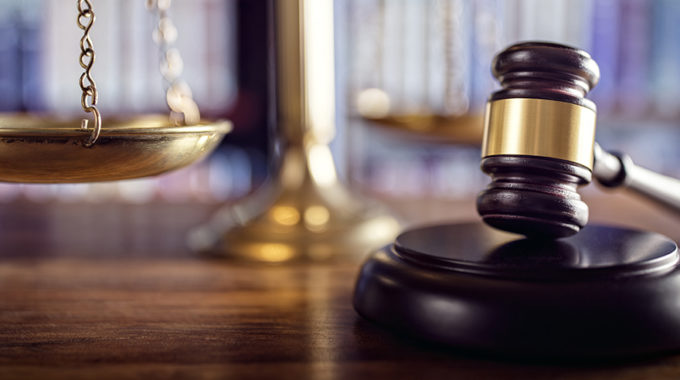Adapted from the writings of Dayan Yitzhak Grossman April 18, 2024 AP News reports: A…

Bais HaVaad on the Parsha, Parshas Devarim
Brother in Law
Excerpted and adapted from a shiur by Dayan Yosef Greenwald
July 23, 2020
…And you shall judge righteousness between a man and his brother and his opponent.
(Devarim 1:16)
The only mitzva in this week’s parsha is to appoint judges to Bais Din. Bais Din adjudicates dinei mamonos, which doesn’t encompass all monetary cases, only those with a claimant and a defendant. This assertion can be supported from several sources, including:
- The halachos of ribbis (interest) appear, strangely, in the Yoreh Deiah section of Shulchan Aruch, rather than in Choshen Mishpat, where other dinei mamonos (money matters) are found. The reason is that Choshen Mishpat is about disputes between individuals, and ribbis is forbidden even if both parties are amenable to it. Therefore it belongs in Yoreh Deiah with other matters of prohibited activity (issur v’heter).
- The Ran (Chulin 96) says that a single witness is accepted in identifying the owner of a lost object. Although dinei mamonos usually requires two witnesses, this is not a case of hotza’as mamon (extracting money); rather, the finder is holding onto an object to fulfill the mitzvah of returning it. R’ Akiva Eiger questions this from the Gemara (Bava Metzia 26b) that states that if one person testifies that a lost object belongs to Shimon, but both Shimon and Levi claim it (and offer identifying simanim), the witness is not believed. Perhaps the answer is that in this case, the factor of “between a man and his brother” is present, since two people are arguing about who owns the item, and that is in the realm of Bais Din alone. Therefore, two witnesses are required.
Podcast: Play in new window | Download





